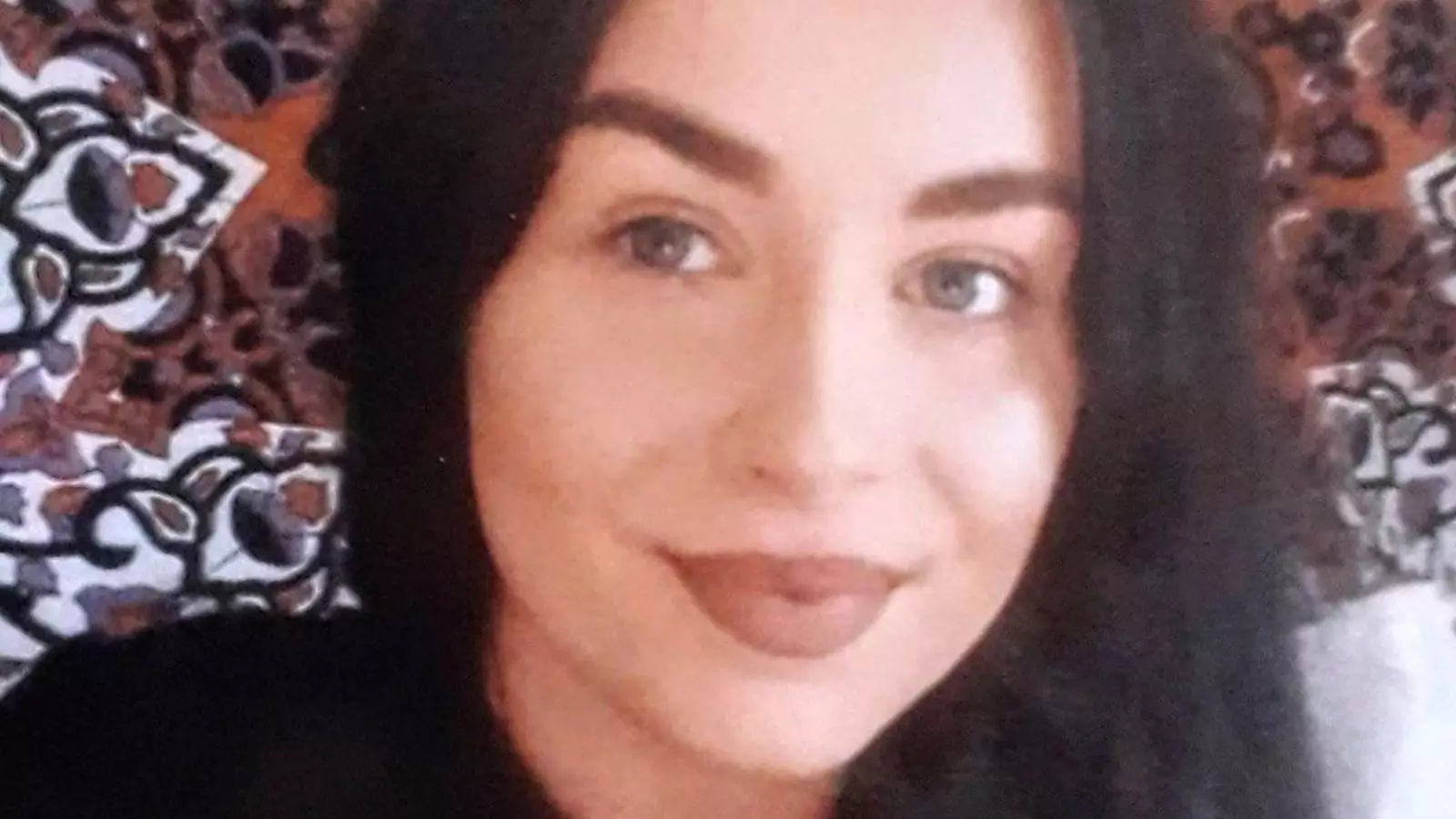The fleeting joy of youth often collides head-on with the stark reality of life and death, especially on our roads. Sharon Huddleston’s maternal grief illustrates a heart-wrenching truth: laws governing new drivers are desperately inadequate. The tragic death of her 18-year-old daughter, Caitlin, in a car crash lays bare the urgent need for regulatory change. Caitlin and her friend Skye Mitchell, both just starting life on their own terms, became mere statistics in the grim tally of young drivers’ fatalities. With every death, personal dreams and futures extinguish, reinforcing that our current measures to protect young drivers are tragically insufficient.
Where is the outcry? Where is the proactive legislation? Mothers like Ms. Huddleston find themselves burdened with the grief of a loss that could have been avoided—if only more stringent rules were imposed on new drivers, who face the roads equipped with little experience and even less maturity. The idea that the government is aware of alternatives yet chooses inaction is not only baffling but downright infuriating.
The Case for Graduated Driving Licences
In Canada, a graduated driving licence (GDL) system has been adopted with remarkable results, slashing death rates among 16 to 19-year-olds by an astounding 83%. This statistic should serve as a wake-up call for the UK government, yet their refusal to embrace similar policies reeks of negligence. The GDL system, which operates by introducing restrictions gradually—such as night-time driving bans for novice drivers and limits on passenger numbers—offers a structured approach to a life skill most adults take for granted.
Rather than accept these progressive methods that have demonstrated an ability to save young lives, the UK government stagnates, asserting that such regulations might “unfairly penalise” new drivers. However, penalizing young drivers for the first years of their driving experience is a necessary evil when weighed against the staggering cost of human life. We must question the priorities here: is it a commitment to safety or a misguided endeavor to protect young people’s feelings at the expense of their—and others’—lives?
A Call to Action
Ms. Huddleston is not alone in her grief. Dr. Ian Greenwood, who also lost a child to the reckless driving of a young individual, shares profound anguish while urging for change. The tragic convergence of youthful recklessness and inadequate regulations has led to a crisis that demands urgent attention. With countless families mourning the loss of their loved ones under similar circumstances, it’s time that we convert sorrow into action. The current landscape of road safety, particularly regarding young drivers, showcases an alarming disregard for evidence-based policies that could protect our youth.
Every day that passes without reform is another day where lives hang in the balance. Our young people are essentially being issued an invitation to risk their futures with little regard for their safety, and the government is complicit through its inaction. As Ms. Huddleston poignantly states, our children are being “penalised from living their lives.” The need for GDLs transcends abstract policy discussions; it’s an issue that directly affects the lives, aspirations, and dreams of our youth.
Responsibility & The Future
The tragic losses should not only elicit sympathy; they should also compel our society to demand accountability from those entrusted to protect us. By denying the implementation of GDLs, the government is effectively prioritizing convenience and a false sense of fairness over genuine safety and responsibility. Young individuals navigating the complexities of driving need a safety net that acknowledges their inexperience and reinforces gradual skill acquisition.
If we refuse to act and let our political leaders maintain the status quo, we are inevitably consigning more young lives to tragedy on our roads. The solution is clear: advocate for advanced driving regulations, apply pressure to government bodies, and ensure that the memory of Caitlin, Skye, and so many others fuels our collective demand for change. It is time for our society to prioritize the lives of its children over baseless notions of equality, recognizing that protecting their futures is the truest definition of fairness.

Leave a Reply